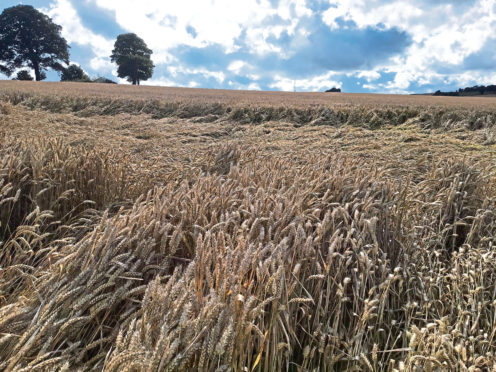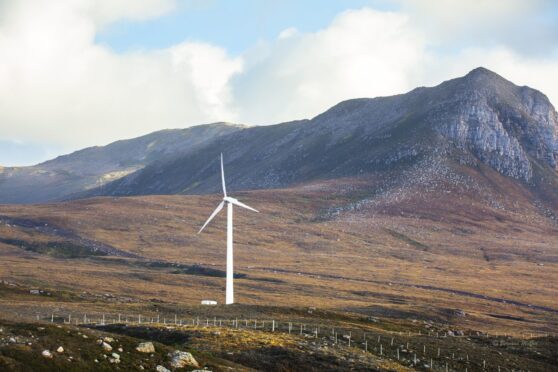The bulk of this year’s harvest still needs to be cut, driving fears that spring barley, oilseed rape, wheat and oats will all ripen at the same time, putting pressure on manpower and equipment.
Euan Walker Munro at Mains of Kinnettles, Forfar, reports winter oilseed rape being cut at 16-18% moisture and poor field conditions, with surface damage anticipated.
“The oilseed crop is now deteriorating, hence the urgent need to get it combined and into shed,” he said.
“The forecast is looking better for next week.
“The issue then will be ‘telescoping’ of crops with winter oilseed rape and winter oats still to be cut impacting on harvesting spring crops and into wheat.”
At Cardenden in Fife, Zander Hughes says some of the heavier land is now unable to support machinery and the crop is deteriorating as every rain shower passes.
“Lodging and brackling is rife despite strong PGR programmes, with only the strongest programmes on wheat surviving unscathed,” he said.
“My biggest concern now is the workload in front of us.
“Wheat and spring barley appear to be ripening at the same time, with spring oats not far behind. It will be a question of where to turn first.
“Next year’s oilseed rape still has time to go in the ground, but we really could do with some dry weather now to aid slug control.
Andrew Moir at Thornton Mains, Laurencekirk, said after outstanding yields of winter barley in late July and early August, the farm has seen about 100ml of rain, with more forecast.
“Our oats are ready, but the land is unable to carry the combine,” he said.
“We really need rain to stop now as four or five dry days are needed to let ground dry enough to carry machinery.”
NFU Scotland’s cereals committee chairman, Ian Sands from Balbeggie, added: “Nothing will have been cut at very low moisture, adding into the mix a high cost of drying at a time when prices are falling.
“Wheat futures tumbled by £4 per tonne on Thursday to compound falling prices over the past weeks, making it a very worrying time now.”
nnicolson@thecourier.co.uk










